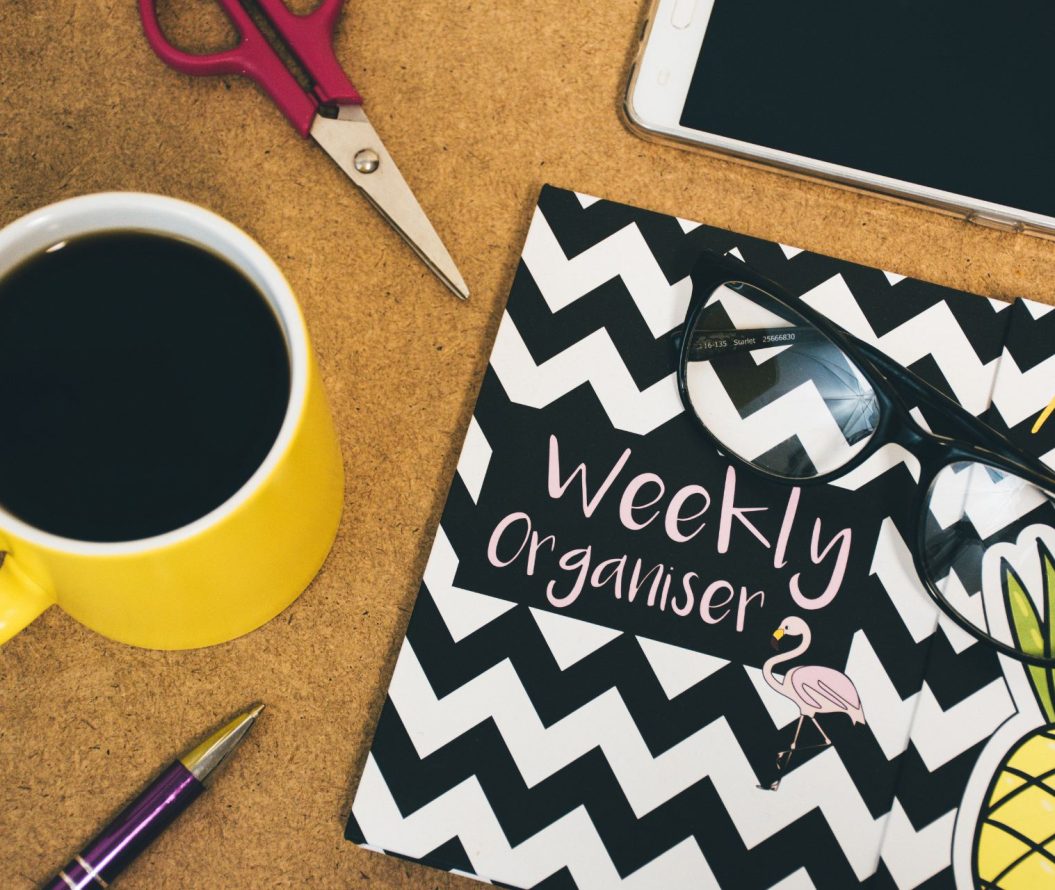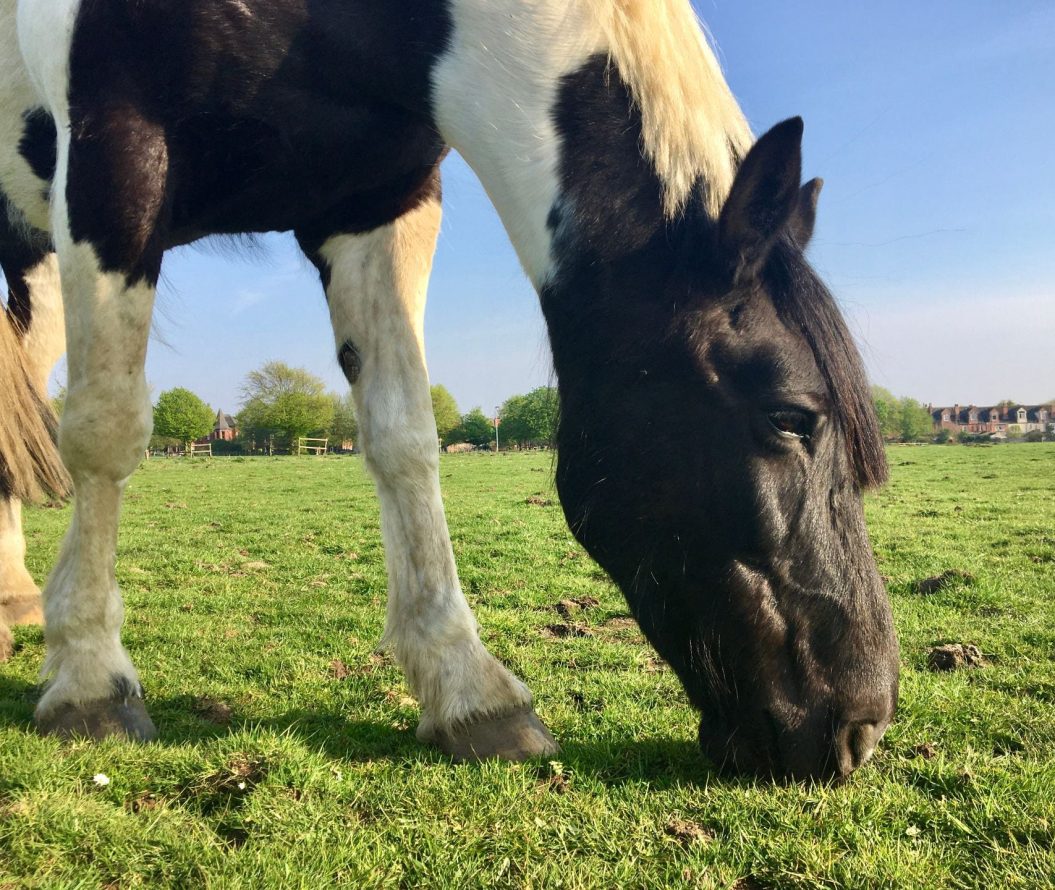Hi there! My name is Alex and I'm currently undertaking my Creative Writing PhD at the University of Lincoln. I'm a big fan of lots of streaming services, books, and am a published poet! I aspire to be a multi-genre,…

There are certain aspects of studying that all students can relate to: managing reading lists, compiling bibliographies, managing multiple module deadlines, etc. However, each subject discipline also has its own quirks and nuances which make studying it a unique experience.
Creative Writing is one such discipline, and whether you’re taking it as a single or joint honours BA, or if you’re taking our Creative Writing Masters, these tailored study tips will really help you achieve your best when it comes to this subject.
Taking In Media
Reading, in addition to consuming films, TV shows, podcasts, magazines, is the creative writer’s greatest resource. Theoretical reading lists aside, simply indulging in the media that you enjoy and are passionate about can be really valuable for you. It can help with inspiration, helping your mind unwind, and when it’s something you know you actually enjoy it makes it much easier to look at its construction and flow from a technical viewpoint. Also the more media you take in, the richer your writerly perspective becomes!
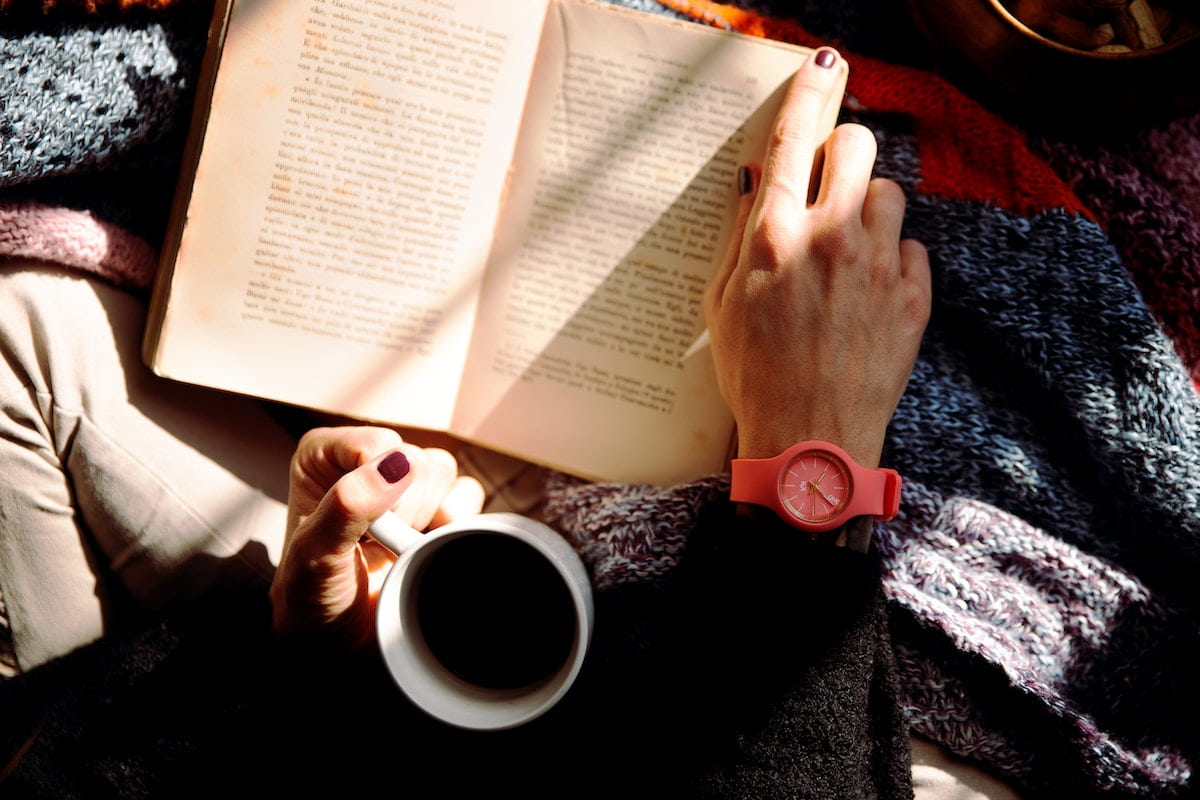
Brainstorming
Thinking about writing, funnily enough, can count as writing. This may sound odd, but if you keep this point in mind then it will help take the pressure off you if you find yourself in a rut, or a speight of writer’s block. Thinking things through and planning them in your head is a useful practice because it allows you to pursue multiple ideas or trains of narrative without worrying about committing anything to paper – it’s also worth mentioning that it’s so important to be patient with yourself as a writer, because the more you force yourself to do something, the harder it is to actually do it.
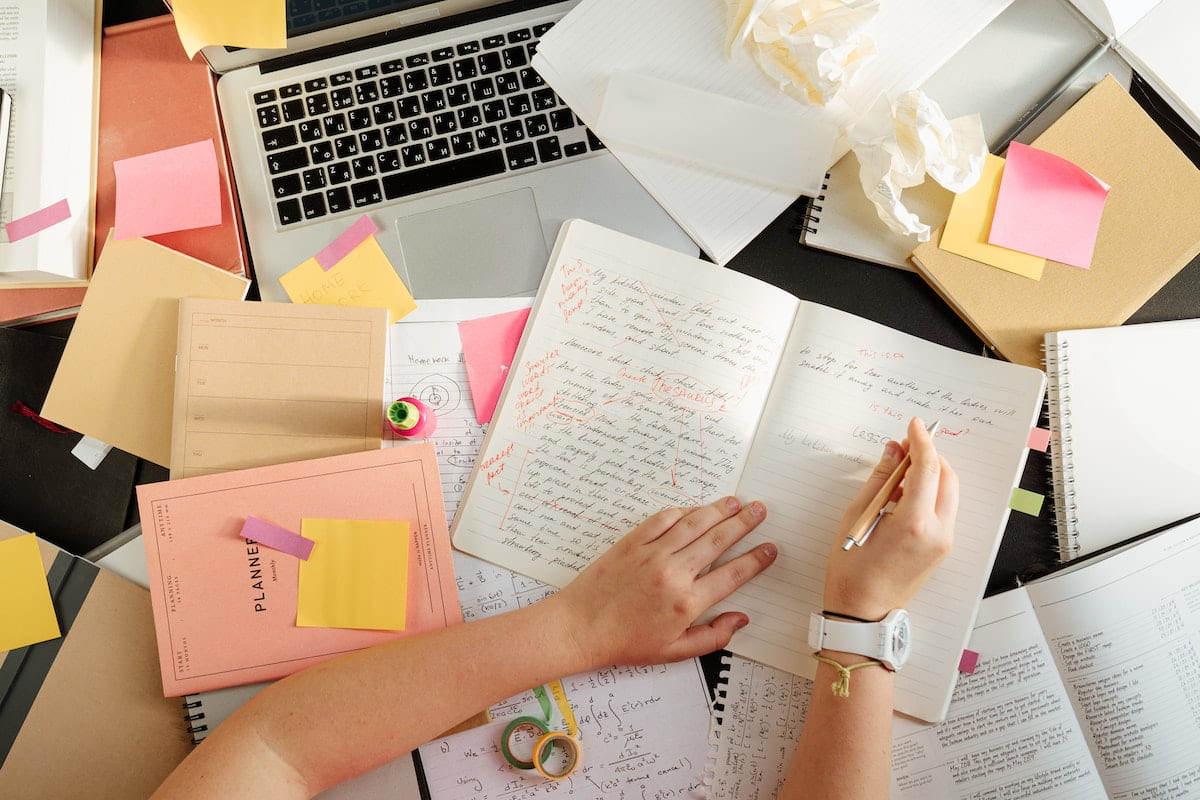
Communication
This can apply to both communicating with your friends, peers, and your tutors at the University of Lincoln. Whether you’re facing a problem, or you’re excited about an idea or something you’ve written, talking about these things is truly invaluable. You can get advice, new reader perspective, and it’s also just a great excuse to be social! You might find that you’re uncertain about how to address a scene, and your classmate is facing the same issue – talking things out over a coffee can really help get the creativity flowing, and talking about things once again really helps take the pressure off.
Writing
Writing is essential, but not necessarily in the way you might think. Yes, it’s important to manage your time, write little and often for your assessments, make time for editing and so on. But for some of you, writing every single day may just feel like too much, and that’s okay! You don’t need to be working on your assessments every day, you don’t even need to think about them every day – but to keep writing as a habit for yourself, I’d recommend starting a journal. It’s a good way to get your thoughts out whilst not worrying about format or correct grammar. Even if you just write one sentence in a day, it can be so helpful to you.
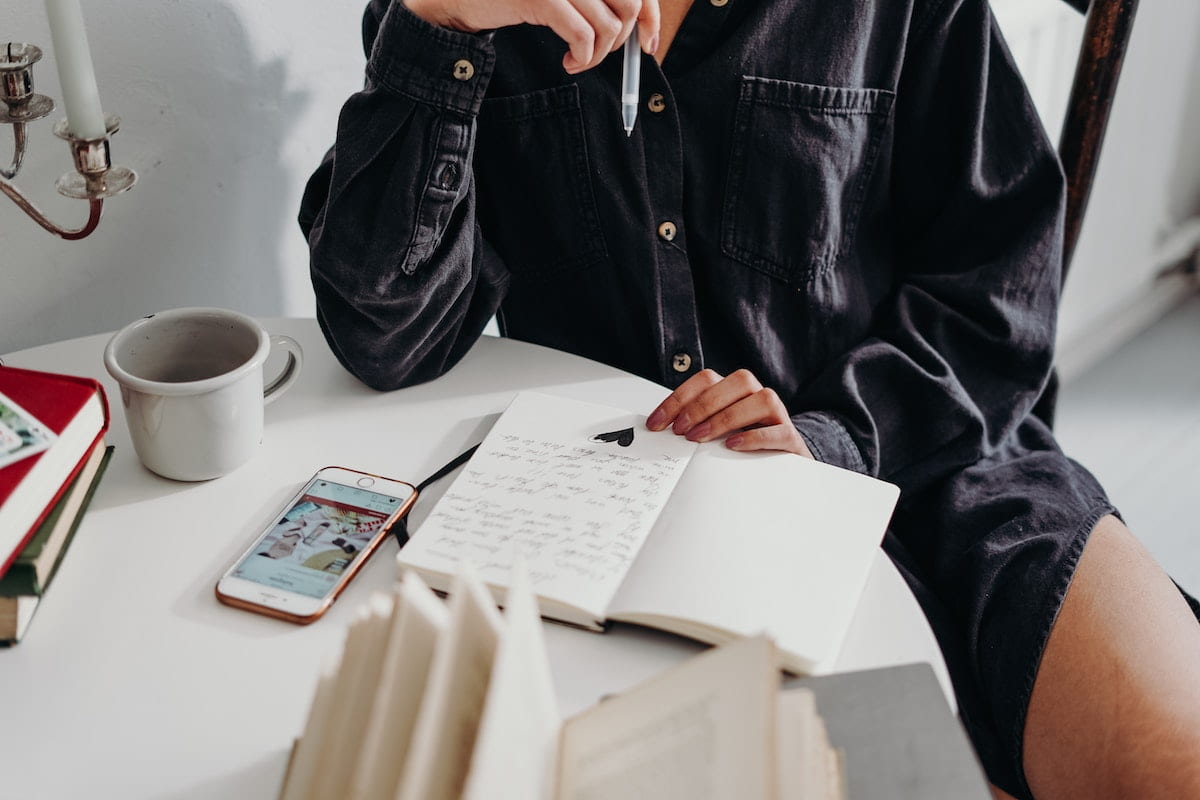
As someone who studied creative writing at undergraduate and MA level, and now as a PhD here at the University of Lincoln, I can attest to how honestly helpful each of these points are for studying the discipline of creative writing. Though my main point has to be communication – keep yourself talking about things, and you won’t go far wrong.

